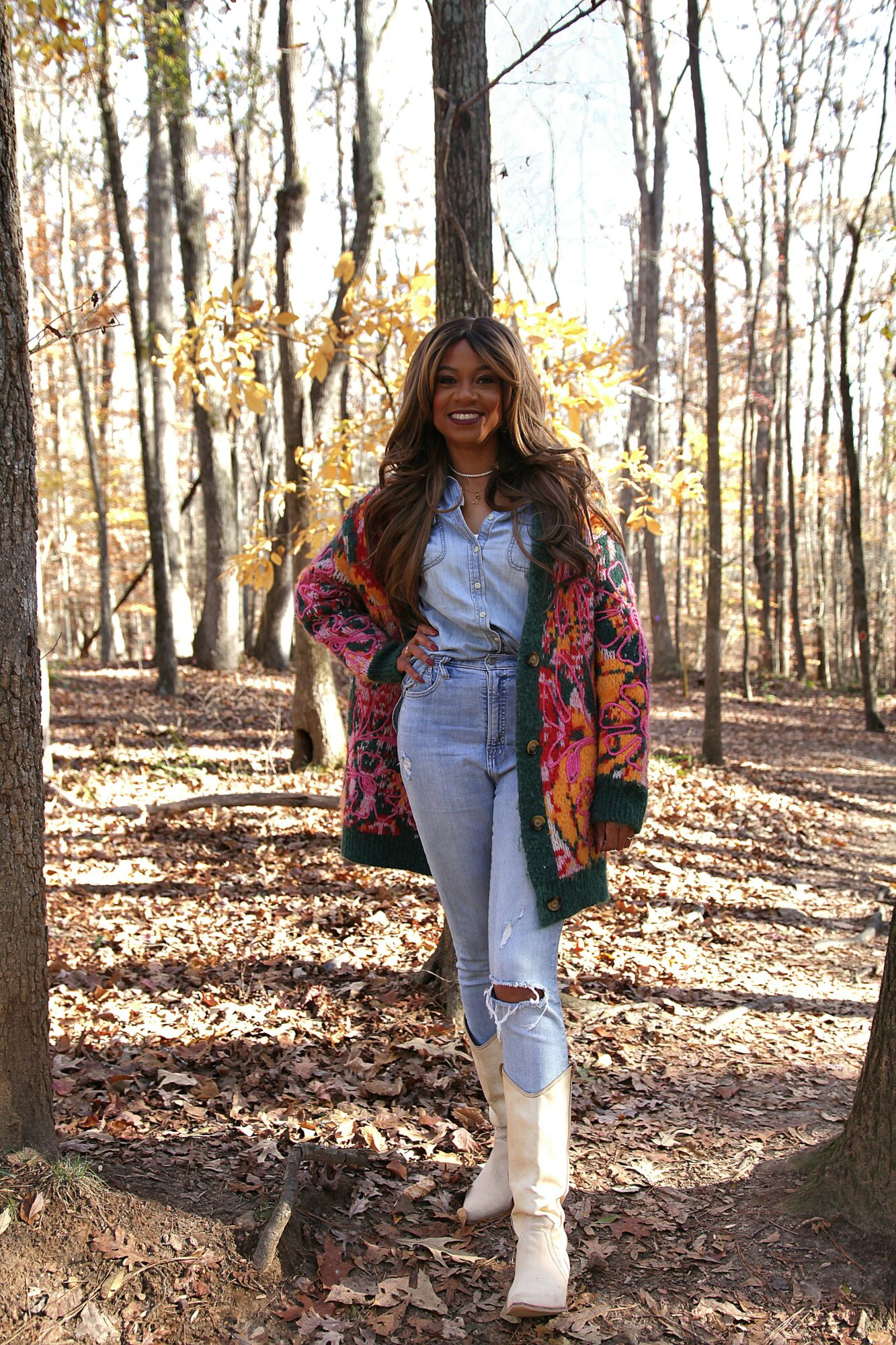

Today we’d like to introduce you to Kratina Baker
Alright, so thank you so much for sharing your story and insight with our readers. To kick things off, can you tell us a bit about how you got started?
I was born and raised in Little Rock, Arkansas, surrounded by a close-knit circle of family, friends, and land that held generations of stories. My grandparents were community activists in rural Arkansas, and while I didn’t fully understand the depth of their work at the time, I spent nearly every day with them. Looking back, I see how much that time shaped me. My grandfather lived by the idea that if you give people access and make them aware of possibilities beyond what they see every day, you can change the trajectory of their lives—and that kind of change can ripple across generations. That principle stuck with me long before I had the words to describe it.
As I grew older, I became more aware of the deep injustices facing my community—especially in the legal system. When Troy Davis was executed by the state of Georgia in 2011, something shifted in me. That moment lit a fire, and I knew I needed to go to law school. My intention was to become a prosecutor and work to improve the criminal legal system from the inside.
During my final year of law school, I interned at the DeKalb County District Attorney’s Office, working on domestic violence murder and rape cases. Every defendant I saw looked like me, and I came to understand—on a deeper level—that the system wasn’t failing them. It was functioning exactly as it was designed to: to deny justice, deny equity, and deny healing to people like us. That experience changed my direction. I realized my work wasn’t in the courtroom—it was in changing the policies, practices, and public narratives that shape those courtrooms in the first place.
After graduating, I hit a wall. I had the degree. I had done everything I was “supposed” to do. But I felt stuck—unmoored—caught between who I had been and who I was becoming. That moment forced me to pause and listen. What I heard was: your path may not be traditional, but it’s still yours.
That clarity pushed me deeper into advocacy work. I went on to work in both criminal justice reform and reproductive rights, launching an advocacy cohort from the ground up to train and equip people to take action around justice issues. I also laid the foundation for the narrative campaign behind the Julius Jones case, an Oklahoma death row inmate who was wrongfully convicted. I helped shape the early strategy and messaging on social media, which played a key role in amplifying the campaign. Eventually, it grew into a global movement supported by the European Union and other international entities, even after I had stepped away.
But over time, being immersed in advocacy and nonprofit work left me feeling disillusioned. I started to question whether all the energy we were pouring into this work was actually creating long-term change. I also began to reflect on what it means to organize in the South—a place where history is heavy, trauma is deep, and change often feels slow. I looked at the work from every angle: the people we serve, the policies we push, the messages we tell. And I realized something was missing.
Too often, Black women are expected to carry these movements on our backs—doing the heavy lifting, strategizing behind the scenes, and pouring from an empty cup. I had experienced real harm in these spaces—emotional, spiritual, and physical. That led me to the heart of my next chapter: healing.
That’s how The Radical Southern Belle came to life. Not as a brand, but as a homecoming. It’s a platform that brings together tradition, strategy, and Southern Black womanhood to imagine new ways of doing justice work. It’s where I began leaning into policy, storytelling, and healing-centered leadership—not just as ideas, but as real tools for building better futures. The Radical Southern Belle is where I found my voice again. Where I gave myself permission to do this work on my own terms—boldly, beautifully, and without apology.
Right now, I’m in the early stages of developing The Gathering Table, a new initiative for Black women in Atlanta. It’s a think tank, a sanctuary, and an idea incubator—created out of a simple but urgent truth: we show up, we lead, and we keep this work going, yet we’re still the most undervalued in the room. This space exists so we can gather without shrinking. So we can dream out loud, shape strategy, and build with ancestral intention. The Gathering Table is for the Black women who are always holding it down—and finally deserve a space that holds them.
My path hasn’t been linear, and I’m not done growing. But everything I do—from community organizing to storytelling to strategy consulting—is rooted in legacy, liberation, and love for my people. My goal isn’t just to be seen. It’s to build. To nurture. To remember. And to make sure the next generation knows we didn’t just survive—we created something sacred.
Would you say it’s been a smooth road, and if not what are some of the biggest challenges you’ve faced along the way?
Not even close. I’ve had to fight for every inch of clarity, every moment of rest, and every bit of space I now take up. The road has been anything but smooth, and to be honest, I’m not sure I’d trust it if it was.
There were seasons where I was drowning in self-doubt—wondering if I was doing enough, if I was “qualified,” if I was even allowed to want more. Like so many Black women, I was taught to push through pain, hold it all together, and never let the cracks show. But the cracks came anyway—through burnout, through disappointment, through betrayal in spaces that claimed to be about justice and community.
After law school, I expected doors to swing open. Instead, I hit wall after wall trying to find where I fit. I’ve struggled financially, professionally, and personally. I’ve experienced the weight of single motherhood while building a vision bigger than myself. I’ve poured my heart into jobs and organizations only to realize I was being used for my labor, not valued for my leadership.
One of the hardest lessons was realizing that even in movement spaces—where we talk about justice, equity, and liberation—harm still happens. Sometimes the harm is louder in those rooms because it’s covered in language that sounds good but lacks accountability. I had to learn the difference between being invited to the table and being heard at the table. And ultimately, I had to build my own.
But even in the struggle, there’s been purpose. I’ve learned how to listen to my intuition, protect my peace, and trust my process. I’ve learned that rest is a radical act. That healing is not a luxury. That legacy takes time. And that joy—Black Southern joy—is not just a balm, it’s a weapon.
So no, the road hasn’t been smooth. But it’s been mine. And I’m proud of every scar, every stretch, and every step.
Alright, so let’s switch gears a bit and talk business. What should we know about your work?
I’m a visionary and cultural strategist, storyteller, and justice architect working at the intersection of policy, narrative, and Southern Black identity. My work lives in that space where legacy meets liberation—where we take what our ancestors left behind and use it to build new futures.
Professionally, I lead with vision and impact. I specialize in justice-centered consulting, designing strategies that help organizations, coalitions, and movements move from intention to implementation. Whether it’s shaping policy agendas, creating community-based initiatives, or developing internal infrastructure, I bring both a strategic mind and a heart rooted in community.
At the same time, I’m a storyteller. I run The Radical Southern Belle, a platform and that honors the past while reimagining the future. It’s part blog, part movement hub, part personal archive—a space where I explore the complexities of Black Southern womanhood, motherhood, politics, and personal growth. I also recently began building The Gathering Table Atlanta, a sanctuary and strategy space for Black women in Atlanta, focused on shaping strategy, amplifying our voices, and building power. What began as a convening, is slowly but surely growing into a think tank, membership community, and emerging media ecosystem-including an upcoming podcast and digital content series, designed to amplify our voices and build liberatory infrastructure with ancestral intention.
I’m probably best known for my ability to weave strategy with soul. Whether I’m leading a campaign, facilitating a cohort, or speaking at a gathering, I bring deep clarity, context, and care. I’m proud of the advocacy cohort I built from the ground up, where I trained individuals to engage in criminal justice reform using both data and personal narrative. I’m also proud of my early work in the Julius Jones case, laying the foundation for a narrative campaign that grew into an international movement.
What sets me apart is that I don’t just “consult”—I connect. I don’t just “organize”—I imagine. I’ve been in the rooms where harm was covered in progressive language, and I’ve seen how Black women are often the first to show up and the last to be supported. That’s why I bring a healing-centered approach to every space I enter. Because movements can’t be sustainable without care. And strategy means nothing if our people are exhausted, overlooked, and undervalued.
What I do isn’t about visibility or titles. It’s about building things that last—systems, stories, spaces—that make freedom feel a little more possible, especially in the South.
Networking and finding a mentor can have such a positive impact on one’s life and career. Any advice?
Whew—let me start by saying this: the old-school, transactional model of networking? That’s not for me. I don’t believe in collecting business cards like Pokémon. I believe in building relationships—rooted in mutual respect, shared values, and a willingness to show up for one another when it counts.
When it comes to mentorship, I’ve learned not to chase titles. The best mentors aren’t always the loudest voices in the room. Sometimes, they’re the quiet, steady ones who see you when no one else does. I’ve found mentors in elders, peers, even people younger than me—because wisdom doesn’t always come in a hierarchy. It comes in honesty.
My biggest advice? Lead with curiosity, not clout. Don’t approach people with the energy of “What can you do for me?” Instead, ask: “What can we build together? What can I learn from your story?” Show up authentically, be clear about your values, and let your work speak for itself. The right people will recognize that. And when they do—nurture that relationship. Don’t just take. Pour back in.
Also, don’t underestimate the power of being the mentor you wish you had. Sometimes, especially as Black women, we don’t see ourselves reflected in leadership. So we have to create the blueprints as we go—and leave them behind for the next sister coming up the path.
For me, what’s worked best is being in community. Joining spaces where I don’t have to shrink. Building tables where I don’t have to ask permission to speak. And remembering that networking isn’t about being seen—it’s about being known.
Contact Info:
- Website: https://www.theradicalsouthernbelle.com/
- Instagram: https://www.instagram.com/theradicalsouthernbelle/
- LinkedIn: https://www.linkedin.com/in/kratinabaker/
- Youtube: https://www.youtube.com/channel/UCSWyu6uInmRn6Ty_W4In1nA
- Other: https://www.instagram.com/thegatheringtableatl/
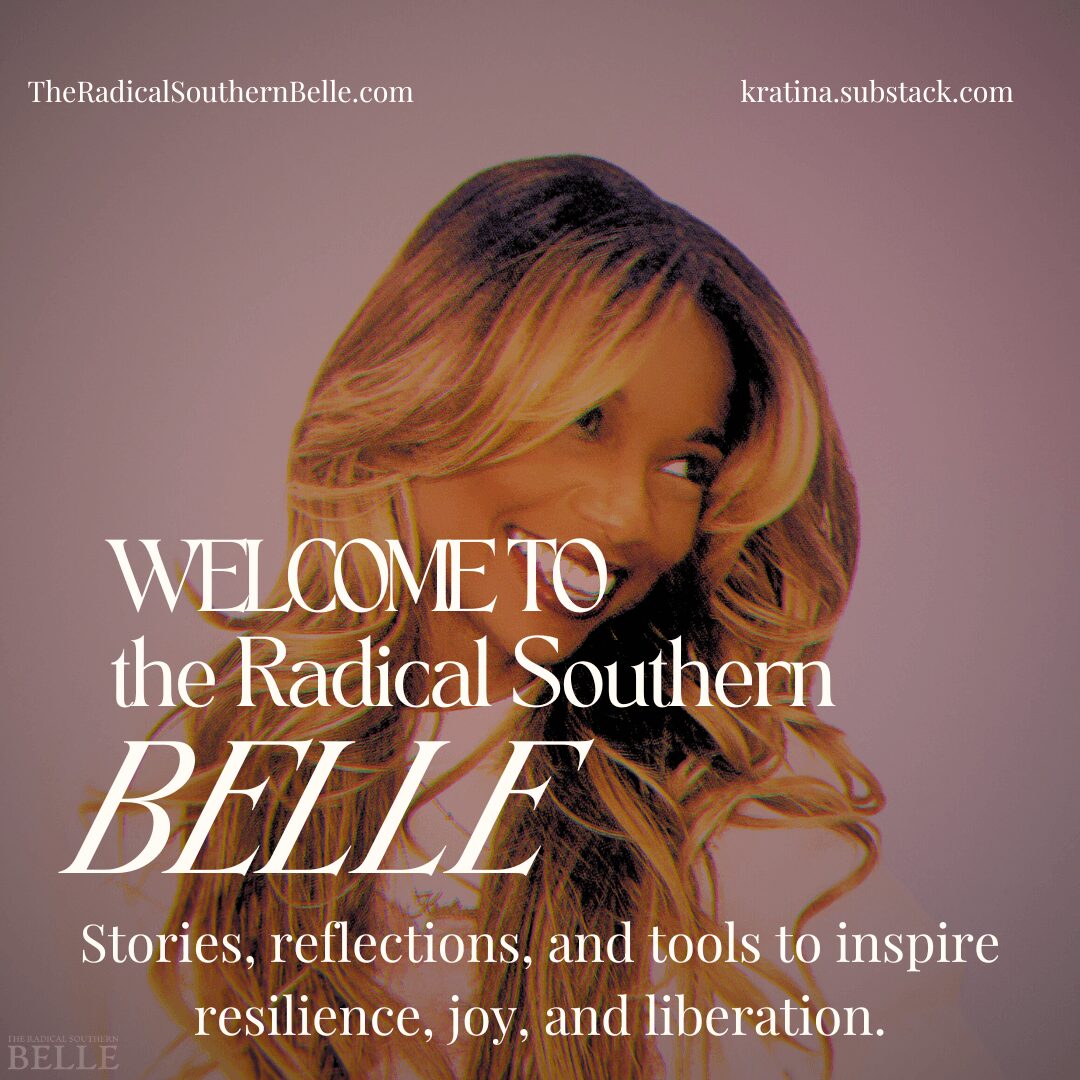
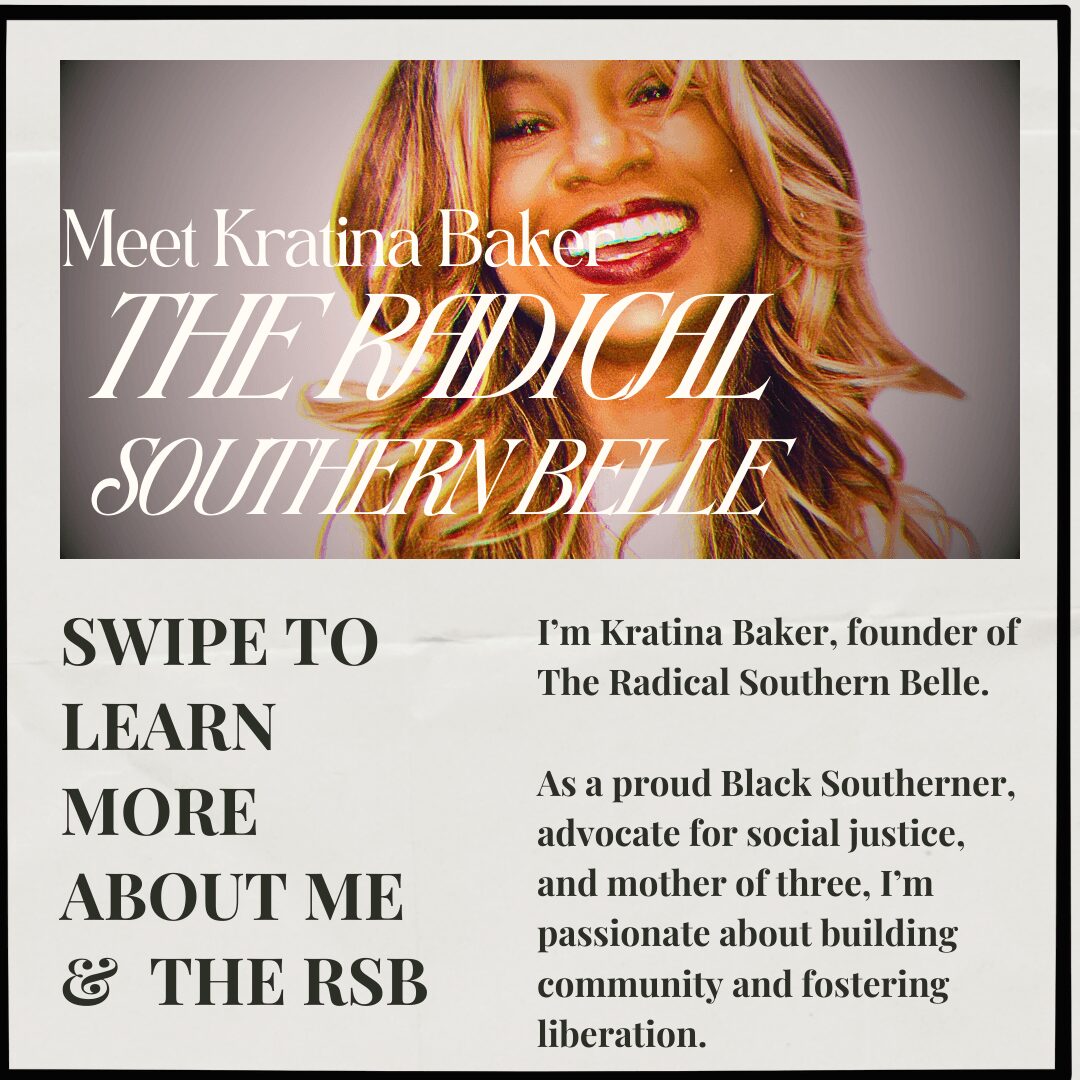
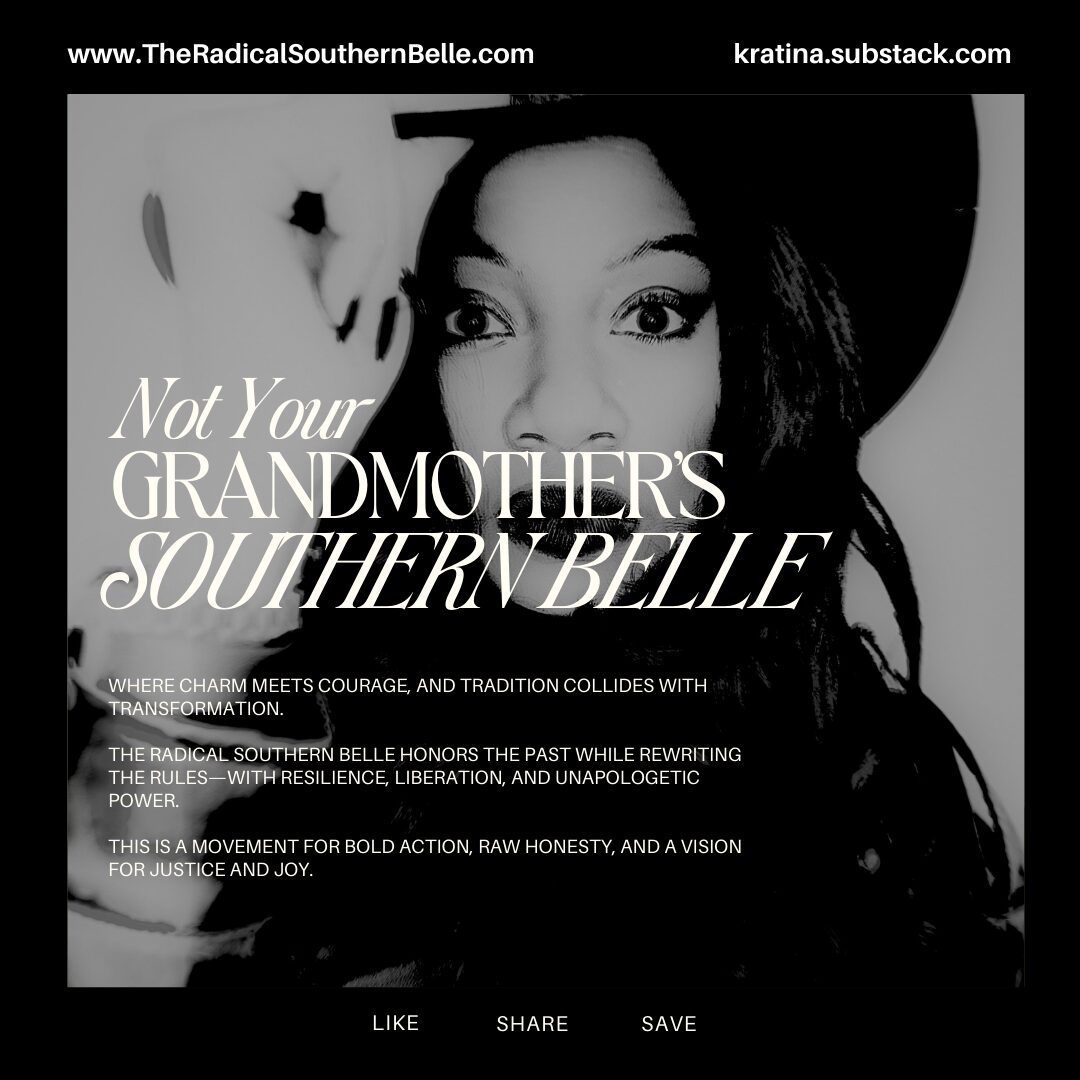
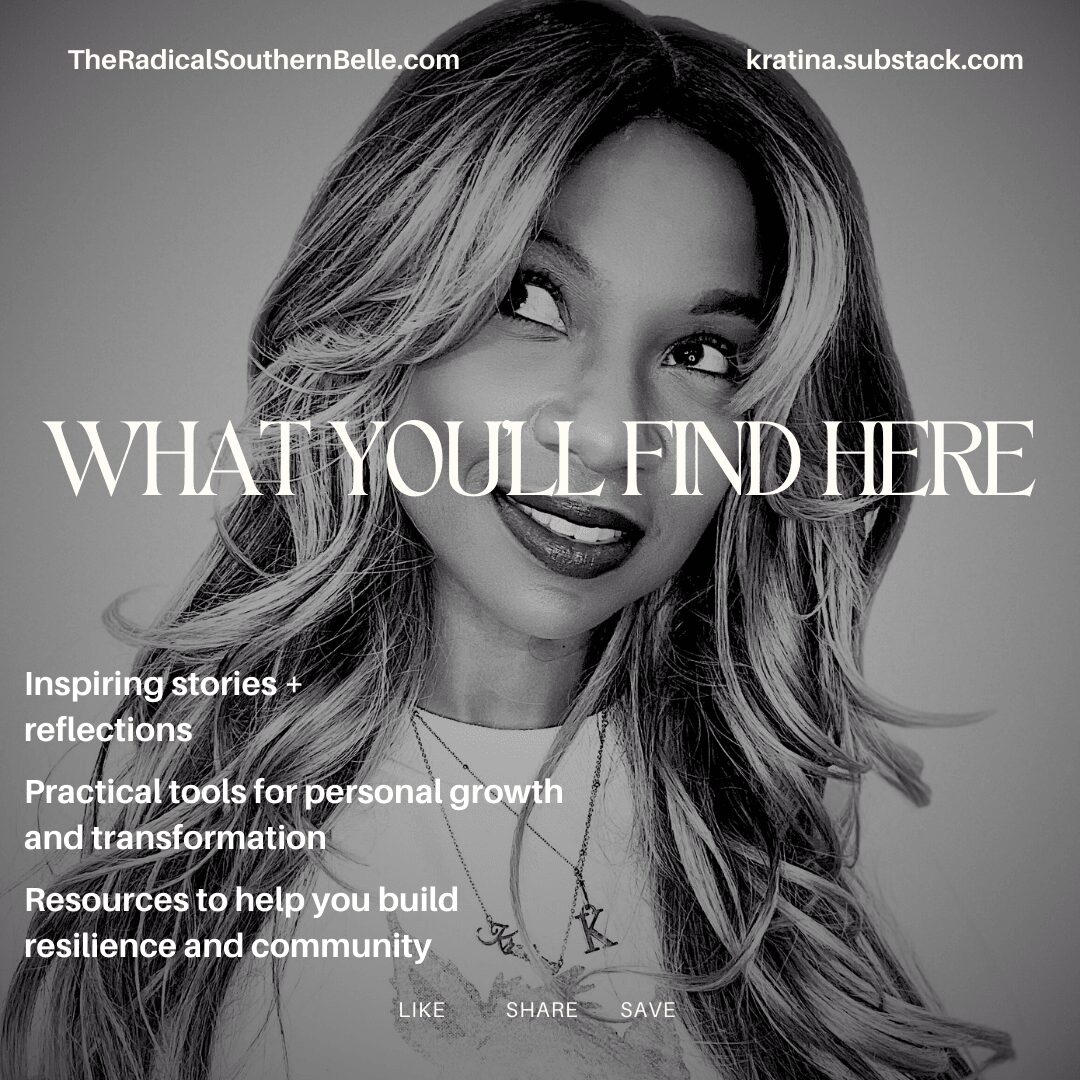
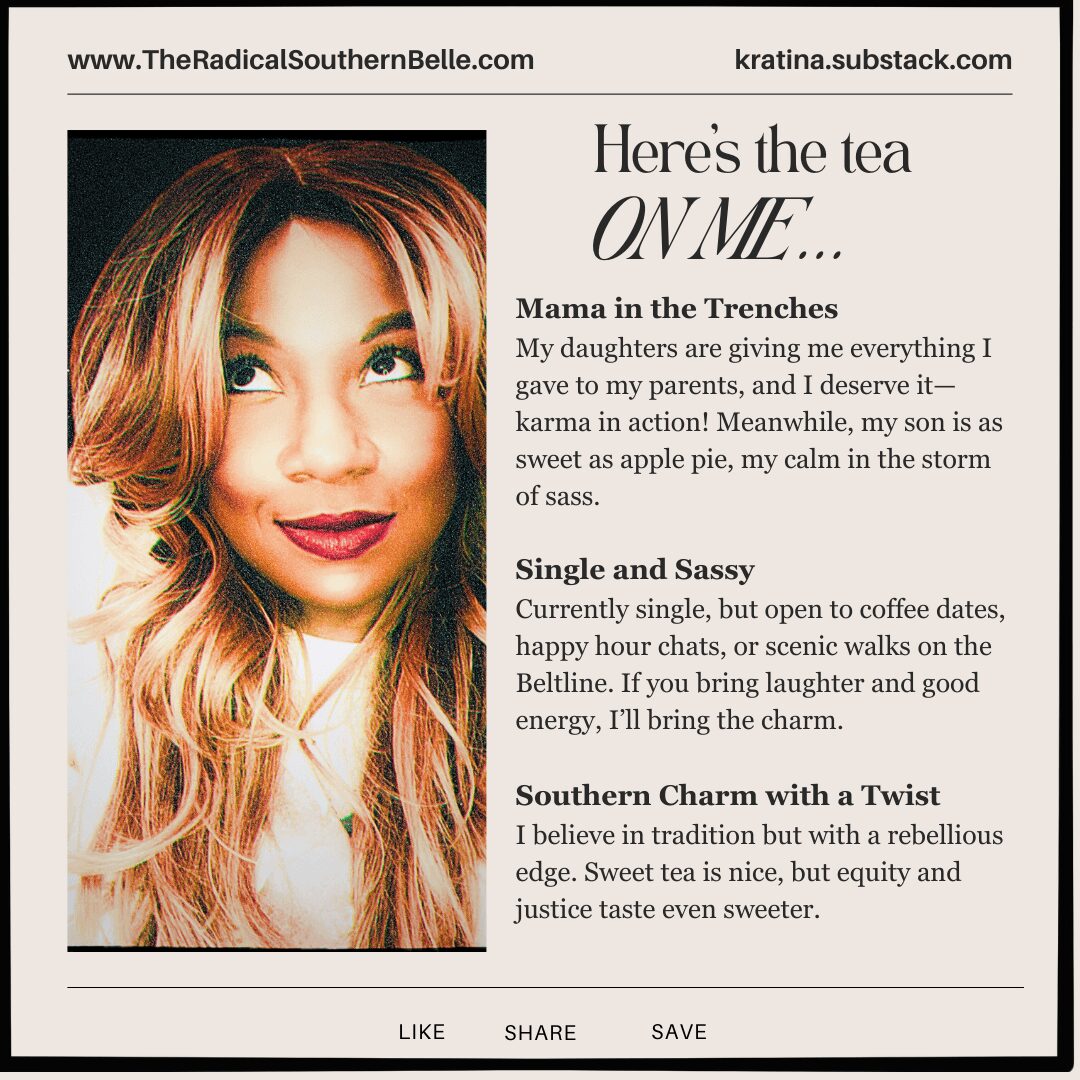
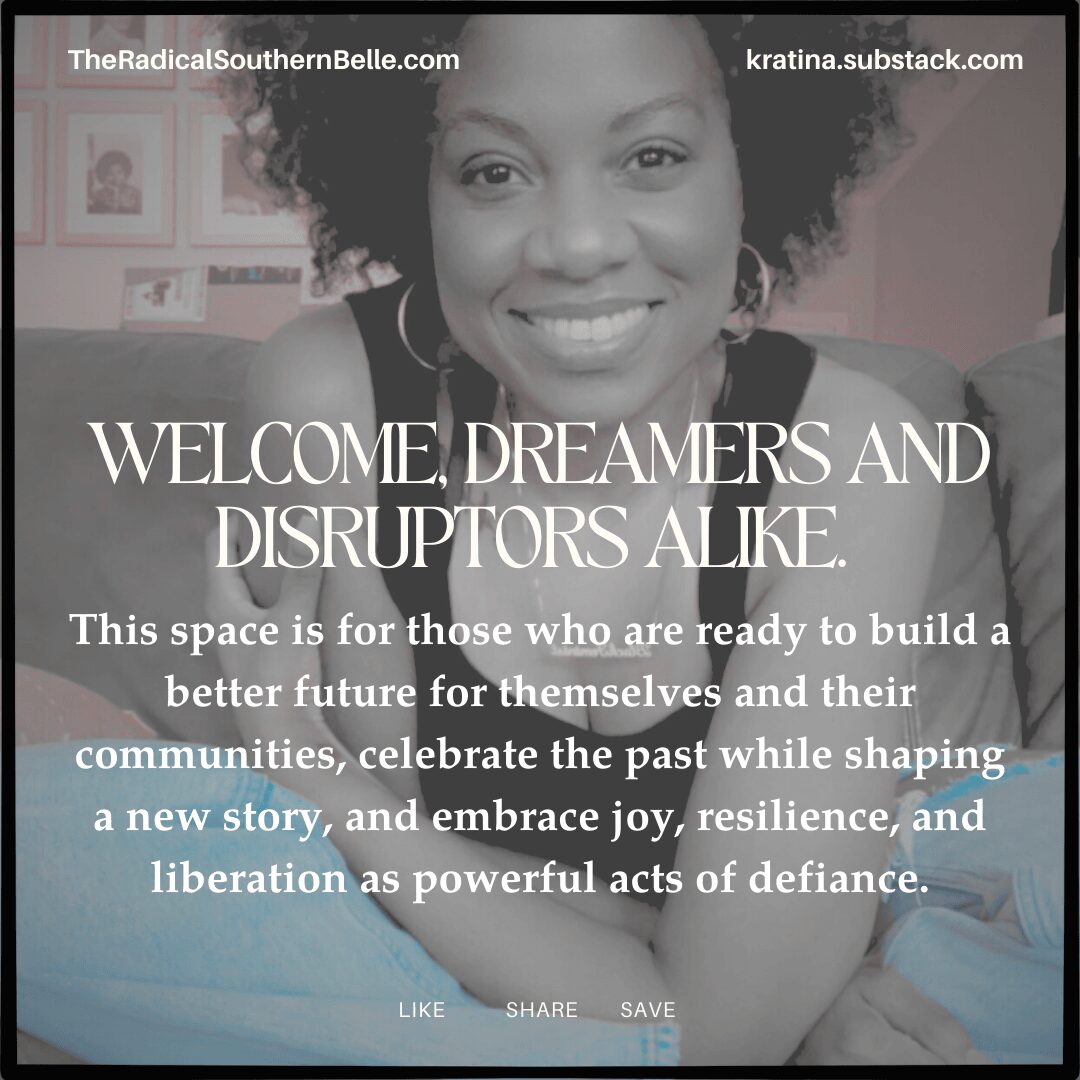
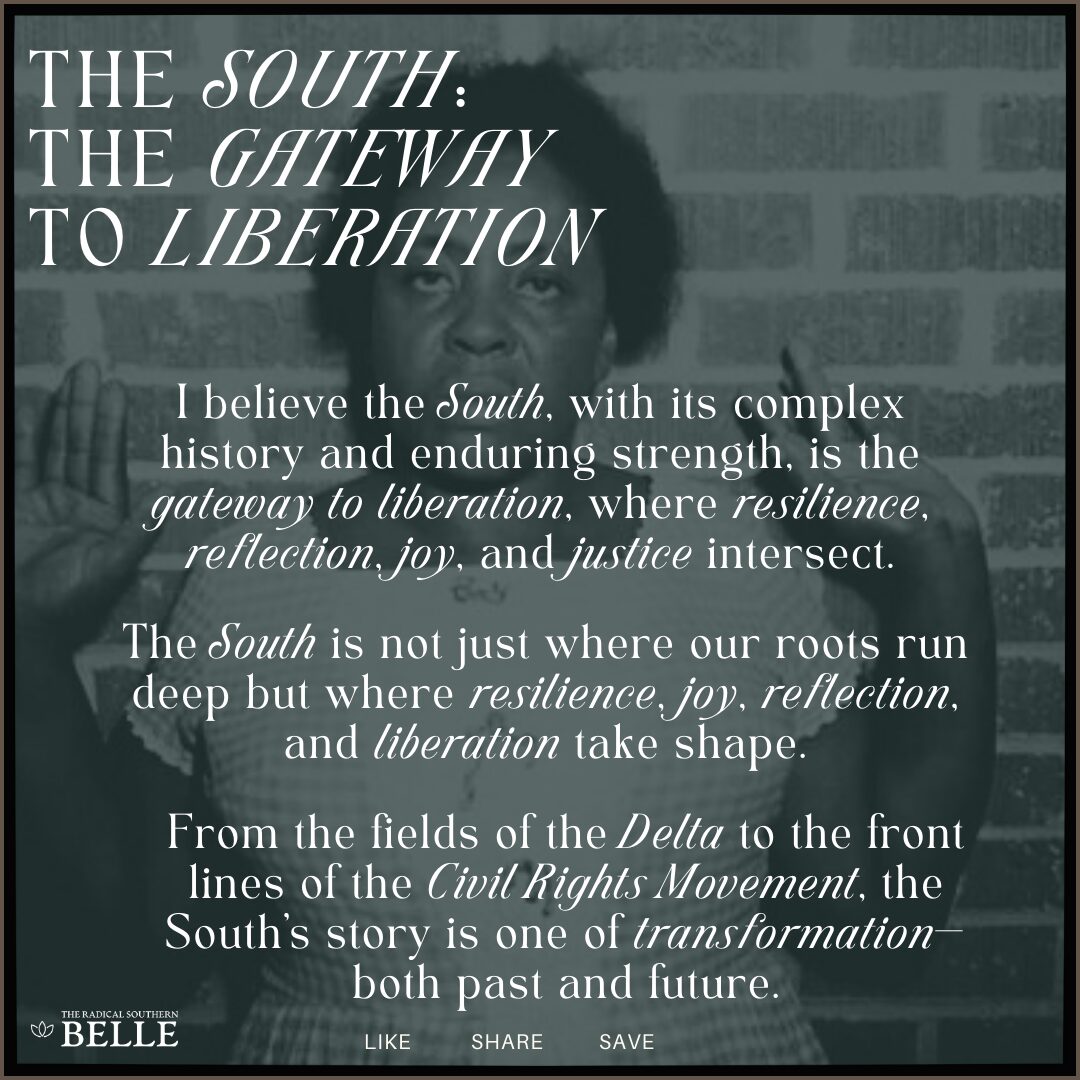
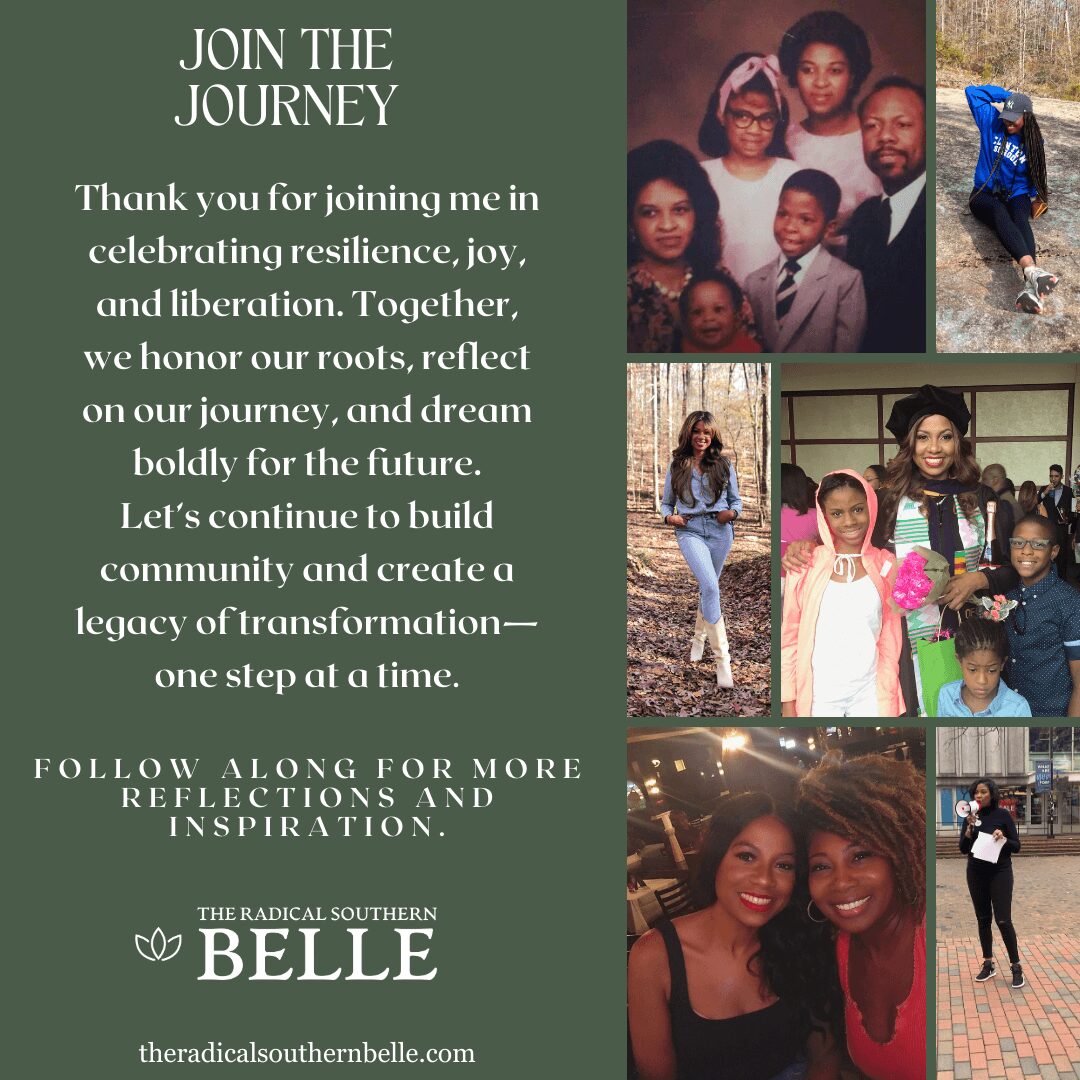
Image Credits
Photographer: Eric Croas













